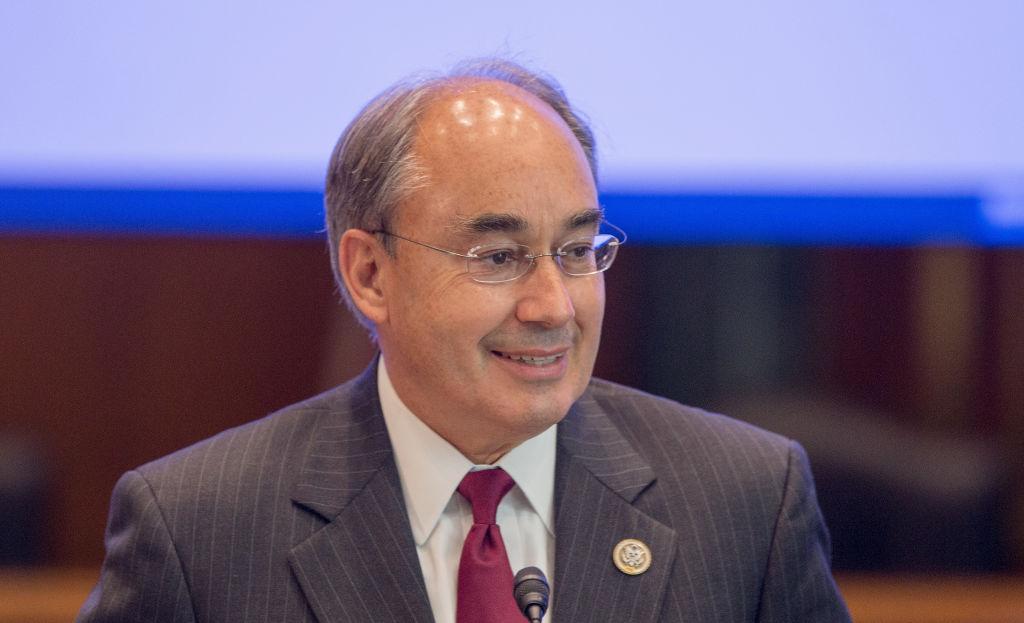New England Republicans have one more chance to pick up a seat in the U.S. Congress out of the region’s otherwise across-the-board losses to Democrats.
The final hope comes from a tight race in Maine between incumbent Jared Golden and conservative challenger Bruce Poliquin, slated to be decided next week by ranked-choice voting (RCV), a growing trend across the United States in picking party candidates and general election winners in local, state, and federal elections.




